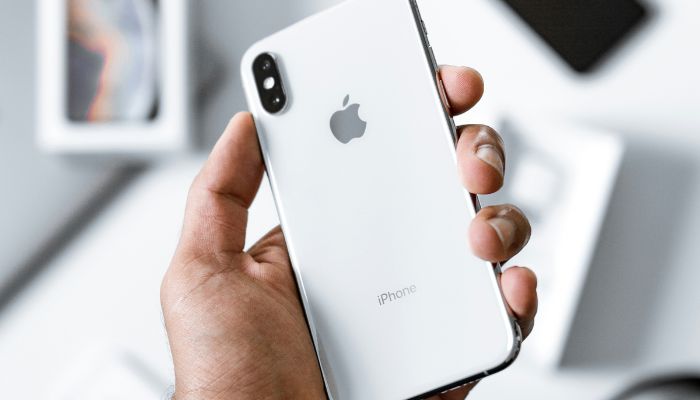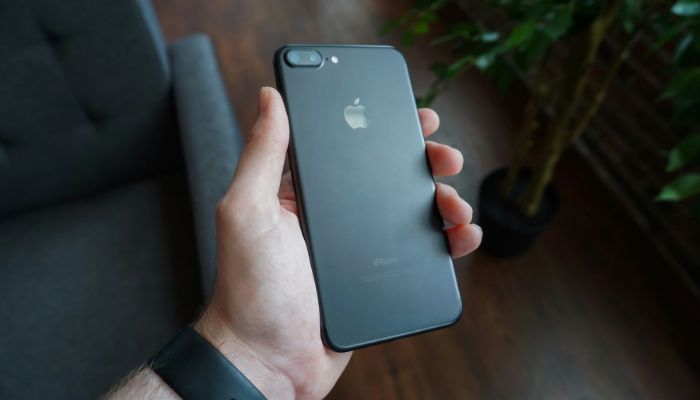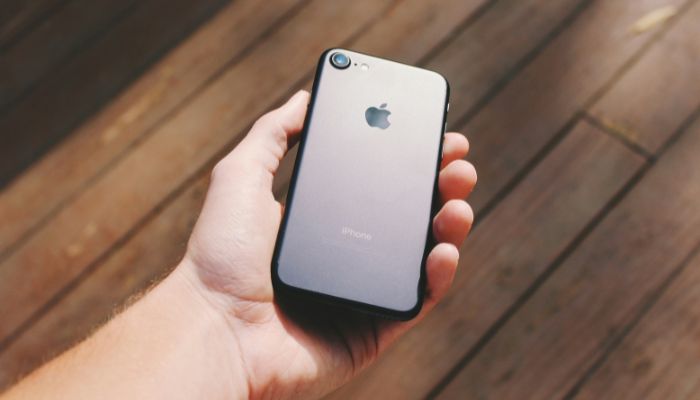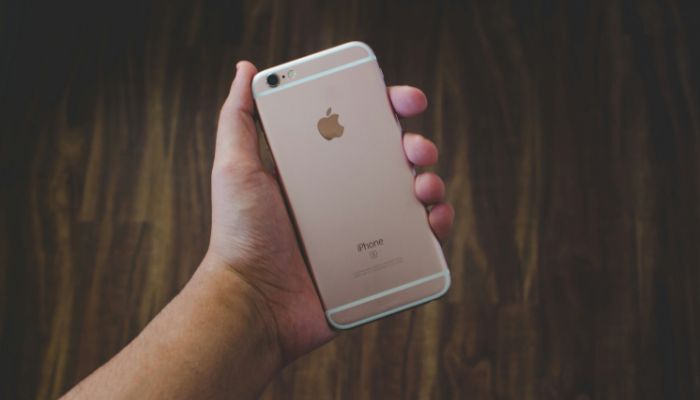
To secure your iPhone from hacking, take several important steps. Use biometric authentication like Face ID or Touch ID and ensure your device is encrypted. Update iOS regularly to patch vulnerabilities and improve security. Set a strong, complex passcode and enable two-factor authentication for added protection. Protect your iCloud account with unique passwords, and avoid phishing by only downloading apps from trusted sources. Regularly check app permissions and use a VPN for secure network access. Following these steps will help reduce your risk of hacking.
Understanding Iphone Security Features
The iPhone is equipped with a robust suite of security features designed to protect users’ data and privacy. One of the key elements in this suite is biometric authentication, which includes technologies such as Face ID and Touch ID. These methods provide a highly secure way to unlock the device and authenticate transactions, reducing the risk of unauthorized access. Additionally, using an iPhone app to trace unknown callers can enhance your overall security strategy.
Device encryption is another critical feature, ensuring that all data stored on the device is encrypted by default. This means that even if the device falls into the wrong hands, the information remains inaccessible without the correct credentials.
App permissions further bolster security by allowing users to control what information and functionalities each app can access, minimizing the risk of data leakage.
Network security is also a priority for the iPhone, with features like VPN support and secure Wi-Fi connections to protect data transmitted over networks. Additionally, the iPhone includes a remote wipe capability, enabling users to erase all data on their device remotely if it is lost or stolen. This comprehensive approach to security helps safeguard user information against a myriad of potential threats and ensures that privacy remains a cornerstone of the iPhone experience.
Regularly Updating Your IOS

Maintaining the robust security features of your iPhone requires more than just utilizing built-in tools; it also involves keeping your iOS updated. Regular software updates issued by Apple are vital in safeguarding your device against potential threats. These updates often include patches for newly discovered vulnerabilities and improvements to existing security settings. By neglecting these updates, users expose their iPhones to potential exploits that can compromise their data.
Moreover, iOS updates frequently enhance privacy settings, ensuring that your personal information remains protected. For instance, new iOS versions often offer better data encryption techniques, making it more difficult for unauthorized users to access your information. Additionally, updated app permissions provide greater control over what apps can access, thus minimizing the risk of sensitive data being mishandled.
Keeping your iOS current also ensures that your device benefits from the latest technological advancements in security. This includes automatic improvements to data encryption, which is crucial for protecting your communications and stored data. By regularly updating your iPhone, you are taking a proactive step in maintaining optimal security and privacy, thereby reducing the risk of hacking and unauthorized access to your personal information.
Importance of Strong Passcodes
Creating a strong passcode is a fundamental step in fortifying your phone’s security. A robust passcode serves as the first line of defense against unauthorized access. Passcode complexity is crucial; it is advisable to use a combination of numbers, letters, and special characters. The more intricate your passcode, the harder it becomes for potential hackers to crack it. Consider configuring your private number settings for iPhone as an additional measure.
In addition to complexity, leveraging biometric authentication, such as Face ID or Touch ID, can further enhance security. These methods provide a layer of protection that is both convenient and difficult to replicate. Secure passwords should be unique and not easily guessable, avoiding common sequences like “123456” or “password.”
Passcode timeout settings are another critical aspect of phone security. By configuring your iPhone to lock quickly after a period of inactivity, you minimize the window of opportunity for unauthorized access.
It is also prudent to regularly perform a passcode change. This practice ensures that, even if a passcode is compromised, it will not remain a point of vulnerability for long.
Implementing these measures significantly strengthens the security of your iPhone, safeguarding your personal data from potential threats.
Utilizing Two-Factor Authentication

Implementing two-factor authentication (2FA) is a pivotal step in enhancing the security of your phone. The two factor authentication benefits are manifold, as it adds a second layer of protection beyond your standard password. This helps mitigate the risk of unauthorized access, even if your passcode is compromised.
The two factor authentication setup on an iPhone is straightforward. Navigate to Settings, tap on your name at the top, select “Password & Security,” and then activate 2FA. You will be prompted to enter a phone number for receiving verification codes, which can be sent via SMS or phone call.
Two factor authentication options vary, including app-based authenticators like Google Authenticator or Authy, which generate time-sensitive codes. These options provide enhanced two factor authentication security compared to SMS-based methods, which can be vulnerable to SIM-swapping attacks.
When using two-factor authentication, keep backup codes in a secure place and regularly update your recovery phone number. These steps will strengthen your phone’s defenses against hacking attempts and help protect your personal information.
Safeguarding Your Icloud Account
Two-factor authentication greatly enhances your phone’s security, but protecting your iCloud account is just as important. iCloud stores personal data like photos, contacts, and documents. Enabling two-step verification adds another security layer, ensuring only you can access your account, even if someone gets your password.
Additionally, enabling secure email alerts allows you to receive notifications about any suspicious activities or login attempts, providing an opportunity to act swiftly against potential threats.
Incorporating biometric authentication, such as Face ID or Touch ID, further fortifies your account by leveraging unique biological traits that are difficult to replicate.
Moreover, utilizing a secure password manager can help generate and store complex passwords, minimizing the risk of your credentials being compromised. It is also advisable to regularly update your passwords and avoid reusing them across multiple sites.
Avoiding Phishing and Malware Attacks

In the digital age, phishing and malware attacks are serious threats to your phone’s security. Phishing scams often use fake emails to trick you into sharing sensitive information. To stay safe, avoid clicking on suspicious links or downloading attachments from unknown sources. Always check the sender’s email address and look for signs of impersonation.
Malware can infiltrate your device through various means, including fake apps that appear legitimate but are designed to steal your data. Only download apps from trusted sources like the Apple App Store, and scrutinize user reviews and permissions before installation.
Additionally, data breaches can compromise your personal information, making it crucial to use strong, unique passwords for different accounts and enable two-factor authentication whenever possible. Be cautious of Trojan horses, which disguise themselves as benign applications but carry malicious code.
Regularly update your iPhone’s operating system and apps to patch security vulnerabilities that could be exploited by such malware.
Conclusion
To protect your iPhone from hacking, understand its security features, keep the software updated, and use strong passcodes. Enable two-factor authentication and secure your iCloud account to prevent unauthorized access. Stay alert to phishing attempts and malware. Following these steps can significantly reduce the risk of hacking and help protect your sensitive information.